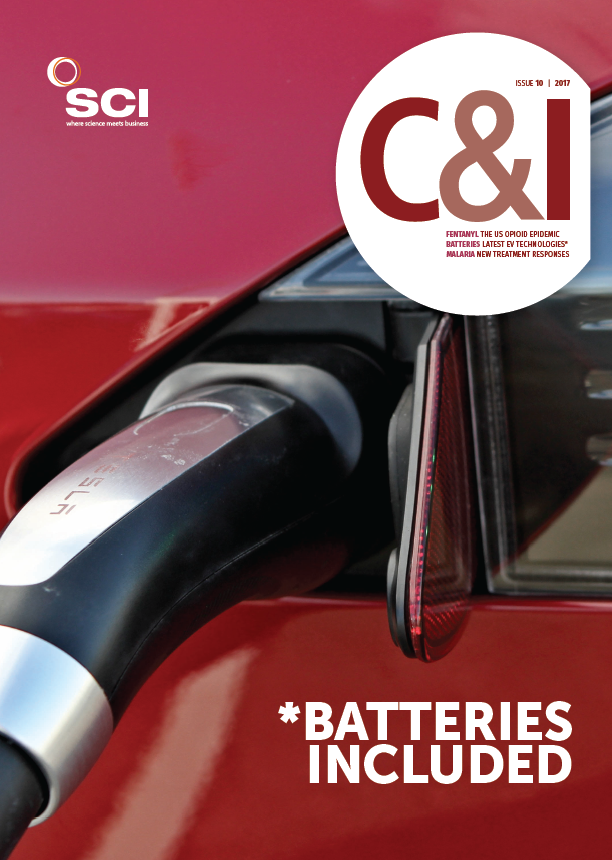The psychoactive compound in psychedelic ‘magic mushrooms’ could pave the way for new drugs to treat depression, according to a new study. Patients in the study reported that their mood had lifted, they felt less depressed and were less stressed immediately after taking psilocybin. Nearly half (47%) were still benefitting five weeks after discontinuing treatment.
Robin Carhart-Harris and his team at Imperial College London, UK, gave psilocybin to 19 patients suffering from ‘treatment resistant’ depression, who had failed to benefit from other depression therapies (Sci. Reports; doi:10.1038/s41598-017-13282-7). They were given 10mg initially and 25mg one week later.
‘Several of our patients described feeling “reset” after the treatment and often used computer analogies,’ said Carhart-Harris. ’Psilocybin may be giving these individuals the temporary kick start they need to break out of their depressive states.’
Functional MRI scans measuring activity and blood flow in the brain showed marked differences after the treatment. There was reduced blood flow to areas of the brain, including the amygdala, which processes emotional responses, such as stress and fear. Another brain network appeared to ‘stabilise’ after treatment.
‘fMRI scans indicate that the communication within a certain prefronto-limbic circuit known to regulate affective responsiveness, is normalised one day after psilocybin treatment,’ said Imperial College psychologist Tobias Buchborn. ‘This normalisation seems specifically related to the feeling of unity experienced during the psilocybin session.’
The trial didn’t include a control/placebo group for comparison. However, the team plans to compare the effects of psilocybin against a leading antidepressant in a six-week trial in 2018.
‘These are exciting, but preliminary findings,’ said Mitul Mehta, professor of neuroimaging & psychopharmacology at King’s College London. ‘It is only a single dose of psilocybin, but this was able to reduce symptoms and produce changes in the same brain networks we know are involved in depression. This impressive study provides a clear rationale for longer-term, controlled studies.’
‘Some of the next challenges are to see if the therapeutic effects hold up in larger groups,’ commented Anil Seth, professor of cognitive and computational neuroscience at Sussex University, UK: ‘And to understand more about how the changes in brain activity elicited by psilocybin underpin both the transient changes in conscious experience the drug produces, as well as the more long-lasting effects on depression.’
The trial also backs up the results of an earlier study by Robin Carhart-Harris and coworkers in 2016, which found that psilocybin reduced symptoms in 12 treatment resistant patients, five of whom were no longer classed as depressed three months later. Also in 2016, a trial by other researchers in the US demonstrated that a single dose could alleviate the anxiety and depression of people with advanced cancer for six months or longer.





